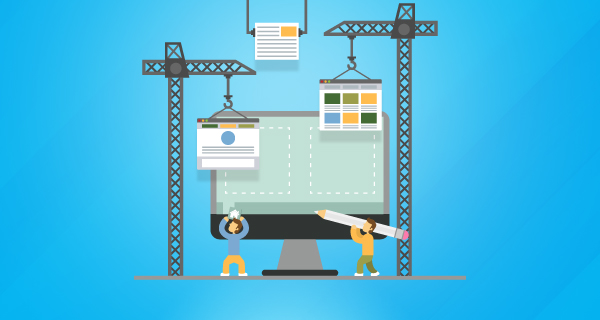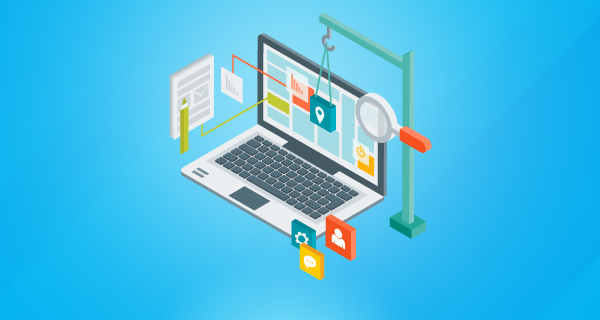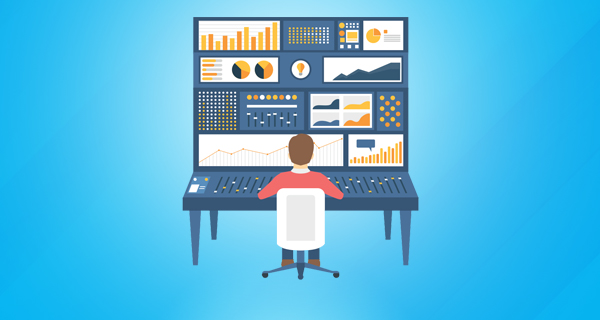Evolving business requirements and technology coupled with competition are placing great pressure on IT to deliver greater agility and speed. Inspite of these, our products are platform neutral, database neutral and operating system neutral.
We carefully evaluate and arrive at decision points for addressing flexibility, security, scalability and extensibility as these are the key factors in making technology architecture decisions.
In response to the predictive and adaptive changes and to best exploit organizational assets for the growth, we embrace SOA to deliver our products. This helps us in overcoming the complexity and quick turn around.
SOA provides an enterprise architecture that supports building connected enterprise applications to provide solutions to business problems. SOA facilitates the development of enterprise applications as modular business services that can be easily integrated and reused, creating a truly flexible, adaptable infrastructure.
The SOA suite benefit from common capabilities, including a single deployment, management, and tooling model, end-to-end security, and unified metadata management with following set of integrated capabilities :
- Messaging
- Orchestration
- Business Rules
- Business Activity Monitoring
- Service Discovery
- Web Services Management and Security
- Events Framework
We also embrace industry proven Event Platform that integrates into standard middleware architectures and enables event processing to be leveraged in any standard enterprise application. The Event Platform bring the power of event-driven insight to our product and any business user.
The Event Platform is designed to support real-time, event-driven applications that runs on extremely high throughput. Thus, a lightweight, modular software architecture is evolved to facilitate SOA approach in which modules are implemented interdependently. Our platform can be easily customized for specific needs by using modular coding components.
The Event Platform is powered by Spring Framework and uses dependency injection and inversion of control to provide service instances with configuration data and references to other services that they need.
Our integration framework integrates easily with :
- Diverse Business Applications, allowing businesses to extend the platform by integrating through a published set of Restful or Web Services interfaces.
- Resource Managers, sharing of information between other business applications.
- Business Analytics Monitoring, provides insights into business throughout through Dashboards and Reports accessing CIOs to make informed decisions.
- Cloud Connect to SaaSify the product-as-a-service and yield the benefits of Cloud.
Our products comprises of application security to protect against the loss, misuse and unauthorized access to data, entitlements, security in hosting the application deployment in data centers, usage of SSL to ensure data is safe and secure, follows norms like PCI, HIPAA, Data encryption and decryption, Backup and Restoration, Failover and Redundancy measures.
Our Entitlements Framework enables centralized management of entitlements and authorization policies to more granularly determine access to both application components and application business objects.
The four areas of Multi-Tenant Database Architecture (Single Tenant, Multi-Tenant with Identical Schemas, Multi-Tenant with Custom Schemas, Multi-Tenant with Different Database) and Web 2.0 platform choices are just some of the many decisions that make our products unique for on-premise and on-demand model.


















